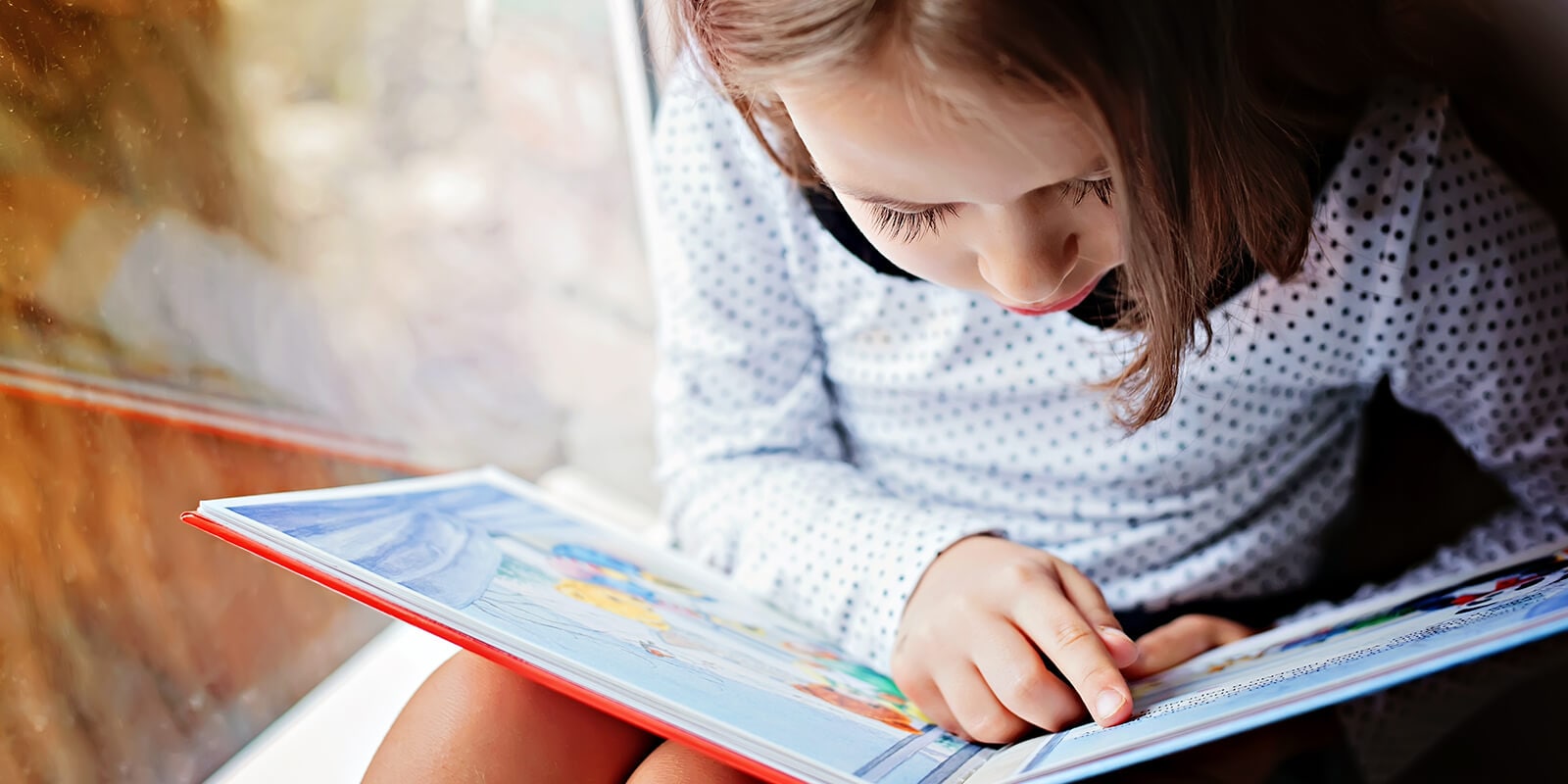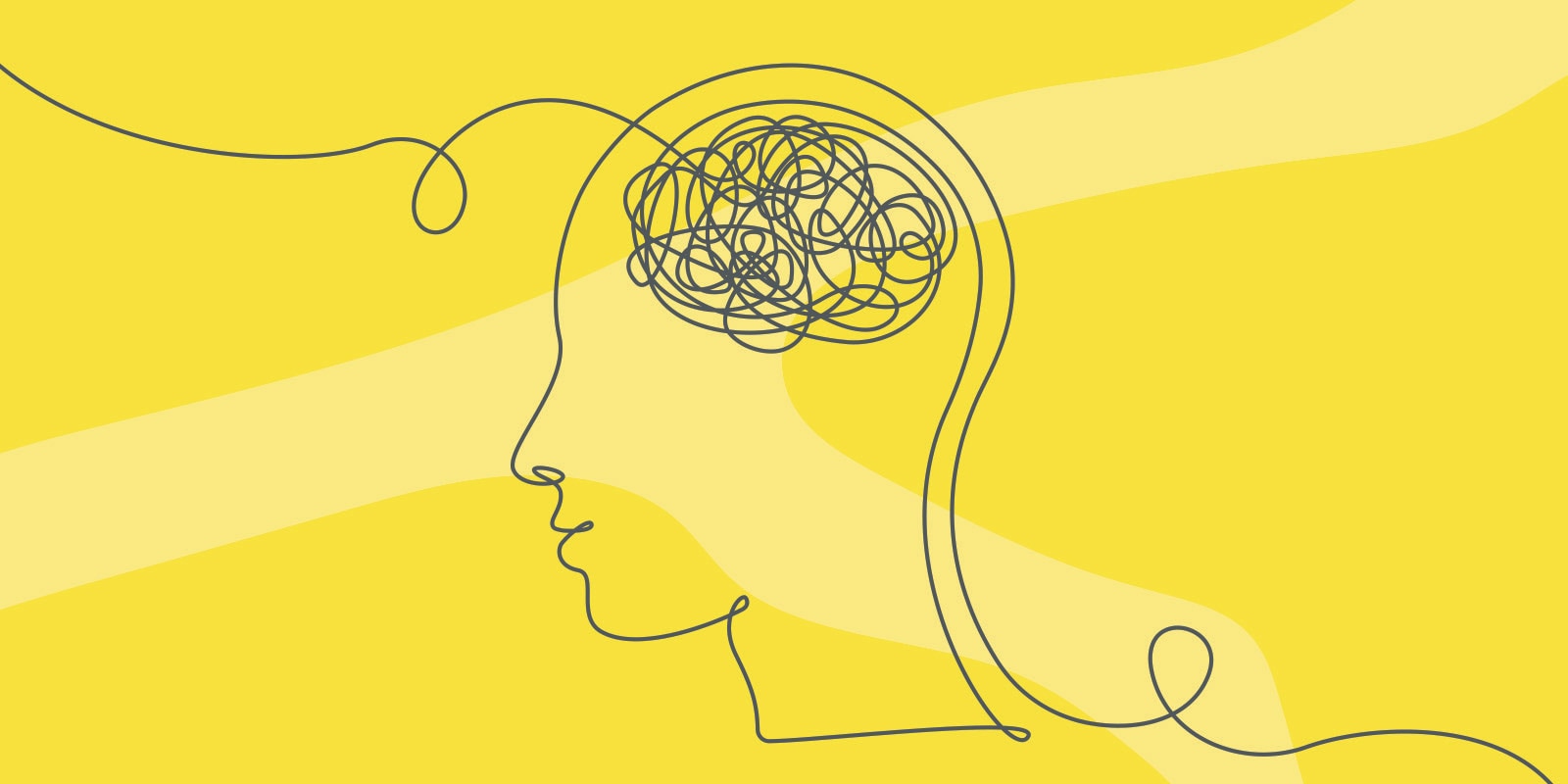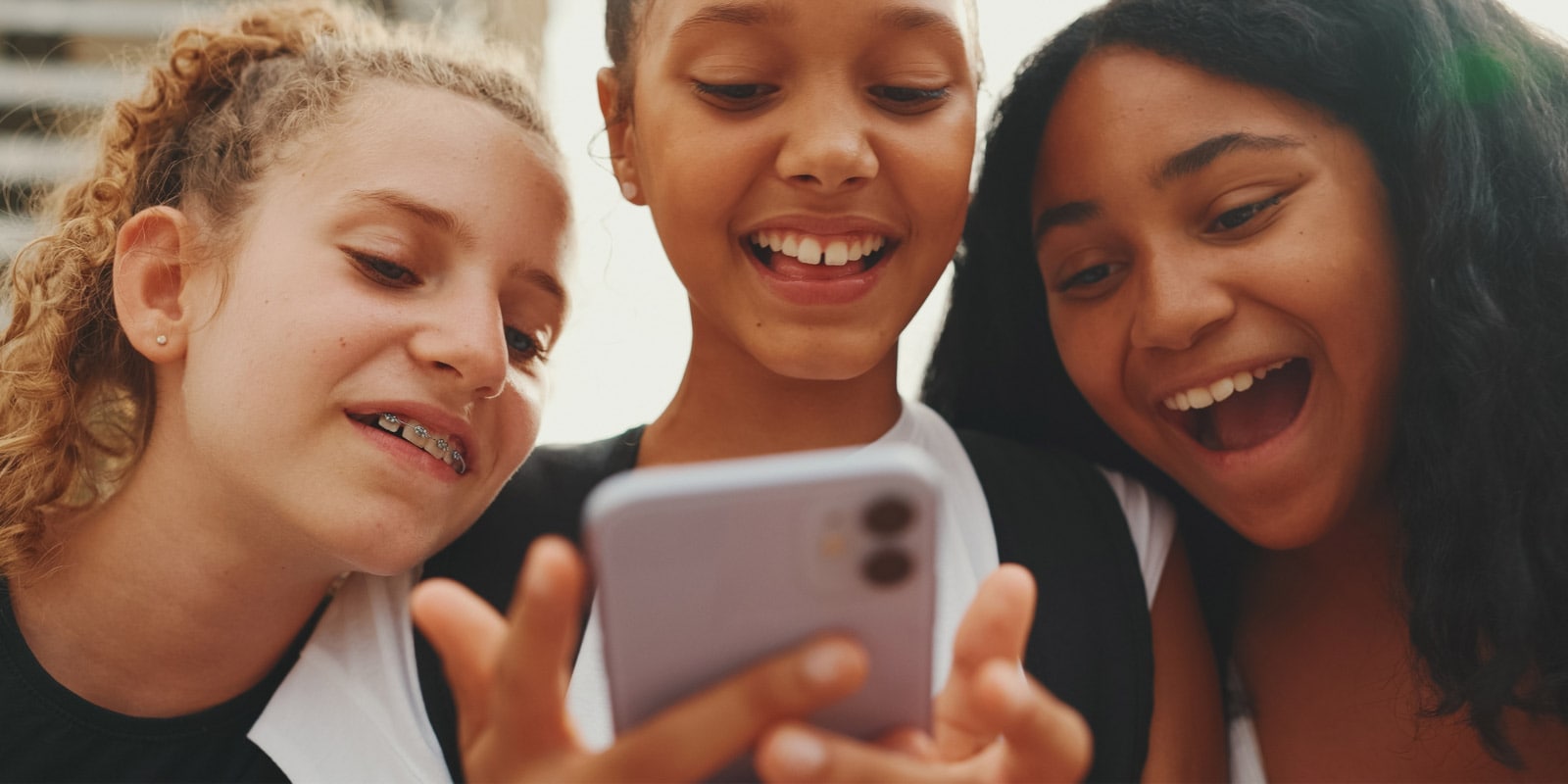After many years of an arguably “hidden” status in schools, dyslexia has emerged as a critical concern in education thanks to parental …

How do you stay up to date in your field? Our team of experts, authors, and specialists contribute regularly to our profession-specific blogs, keeping you informed of the latest industry trends, news, and innovations. Dive in below and check back often, as new content is added weekly.
After many years of an arguably “hidden” status in schools, dyslexia has emerged as a critical concern in education thanks to parental …
Growth scale values (GSVs) have gained traction as a more precise option for measuring outcomes in clinical trials.
If you attended the 2024 ADHD Virtual Summit, you likely watched the ADHD Evidence Project Presentation by Dr. Stephen Faraone. Dr. Far…
In simple terms, the WAIS®-5 is the best test we've ever produced in the cognitive line in so many ways. There are many updates test us…
Growing up in today’s digital era can be a pressure cooker for all kids, but it can be a particular strain for girls as they navigate s…
As we know all too well, school districts are grappling with a myriad of challenges — from staffing shortages to surging student needs.…
The pursuit of equity in education has an important ally in Pearson’s Digital Assessment Library for Schools (DALS), which is helping l…
With the proliferation of AI-driven recruiting software, it may seem that candidate screening is becoming easier than ever. But, for sp…






